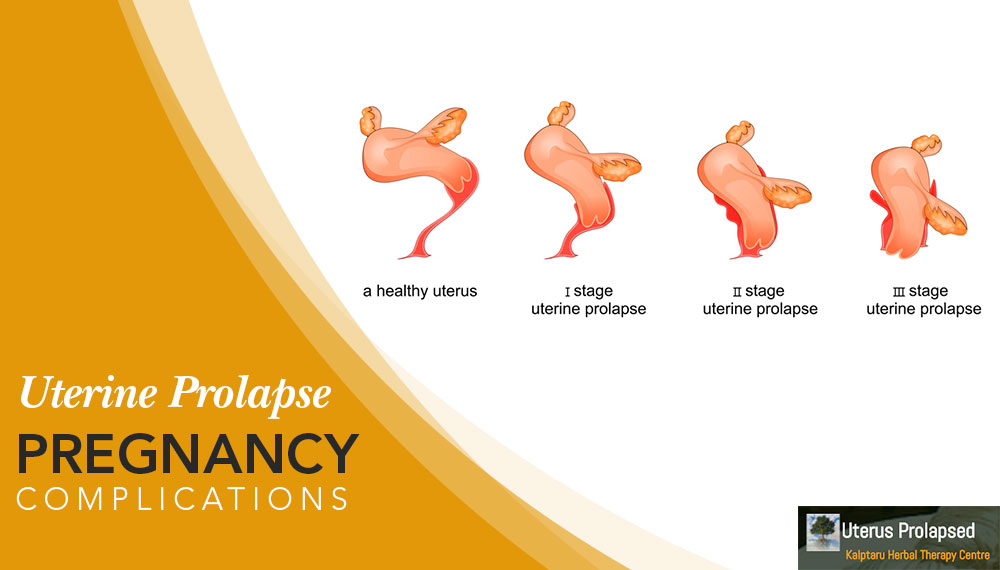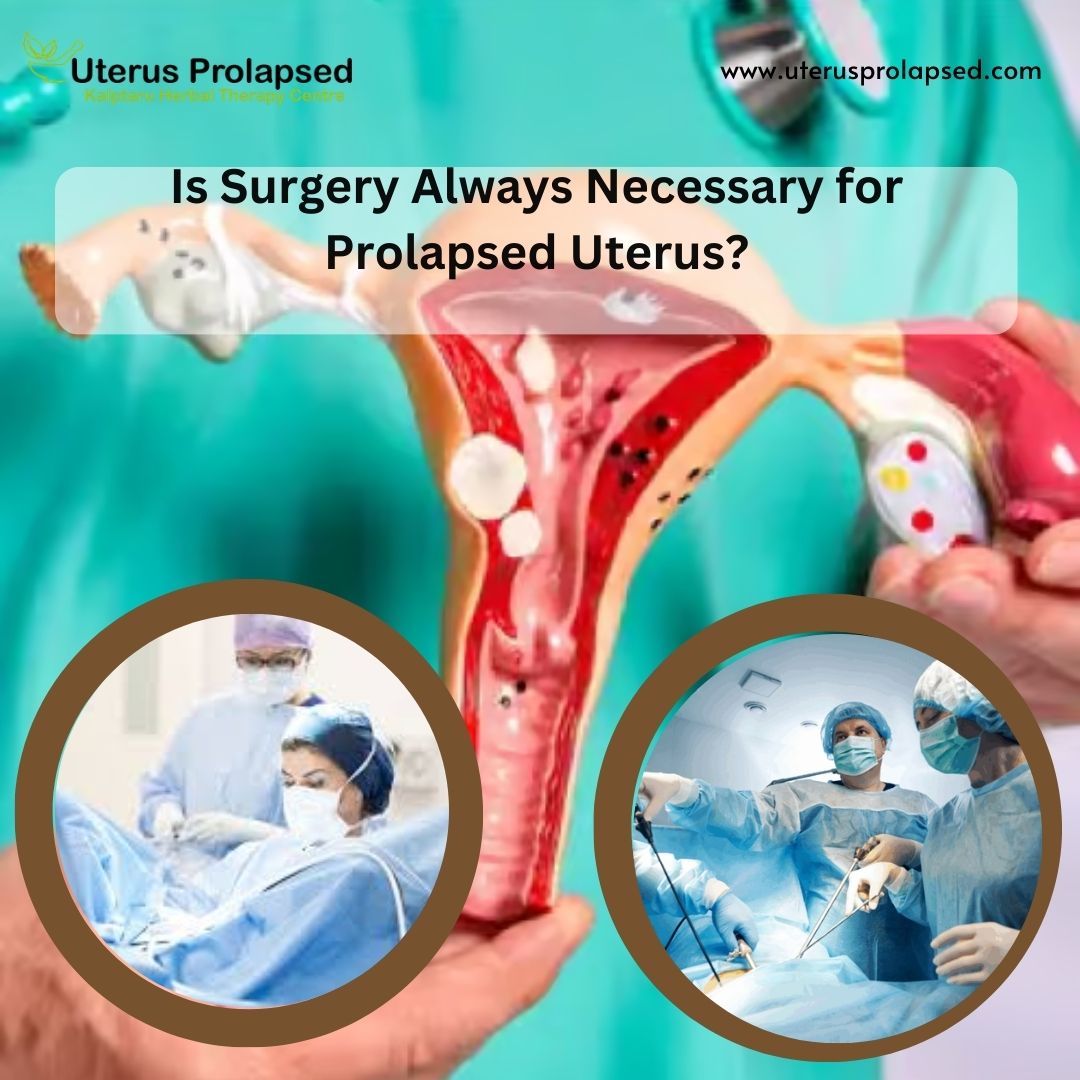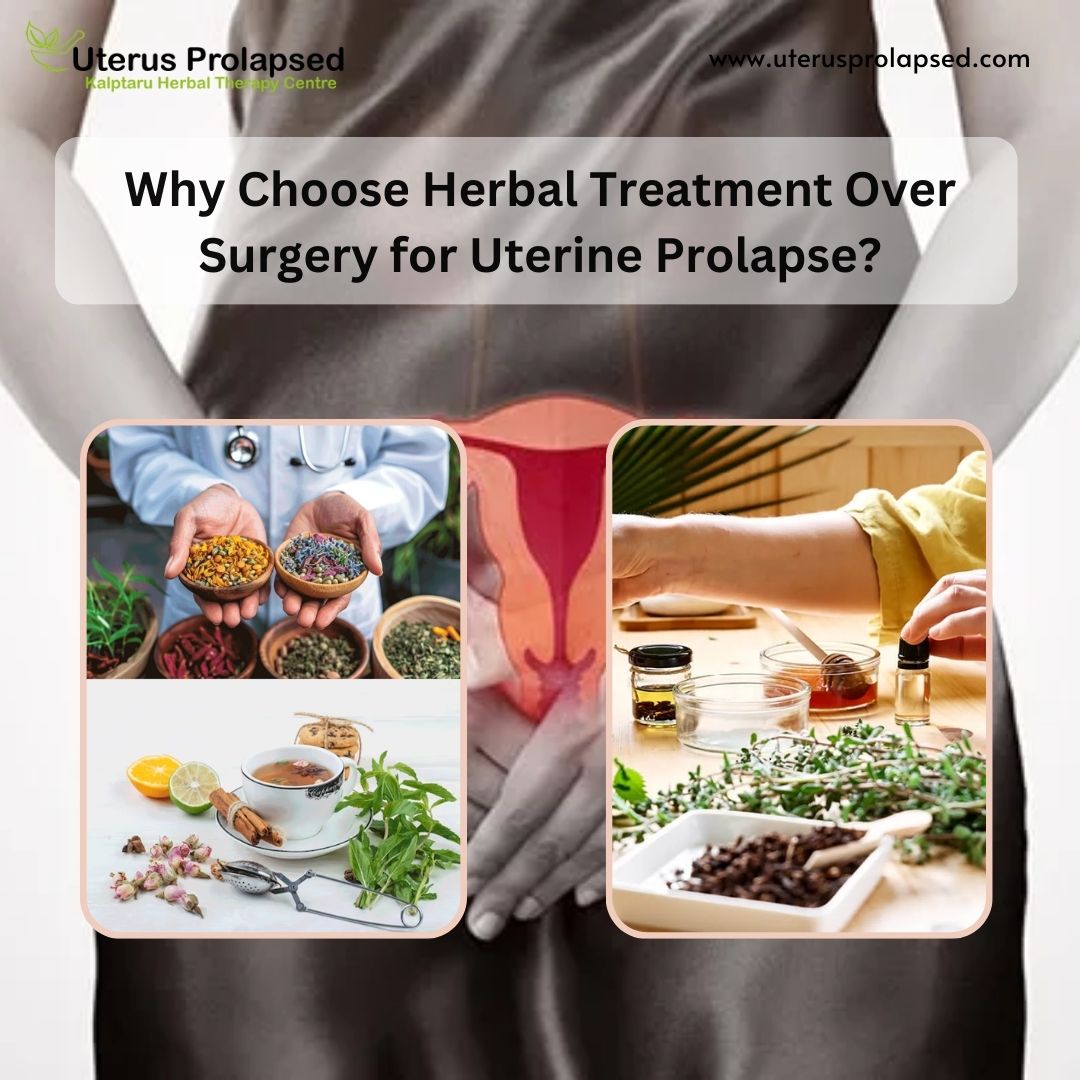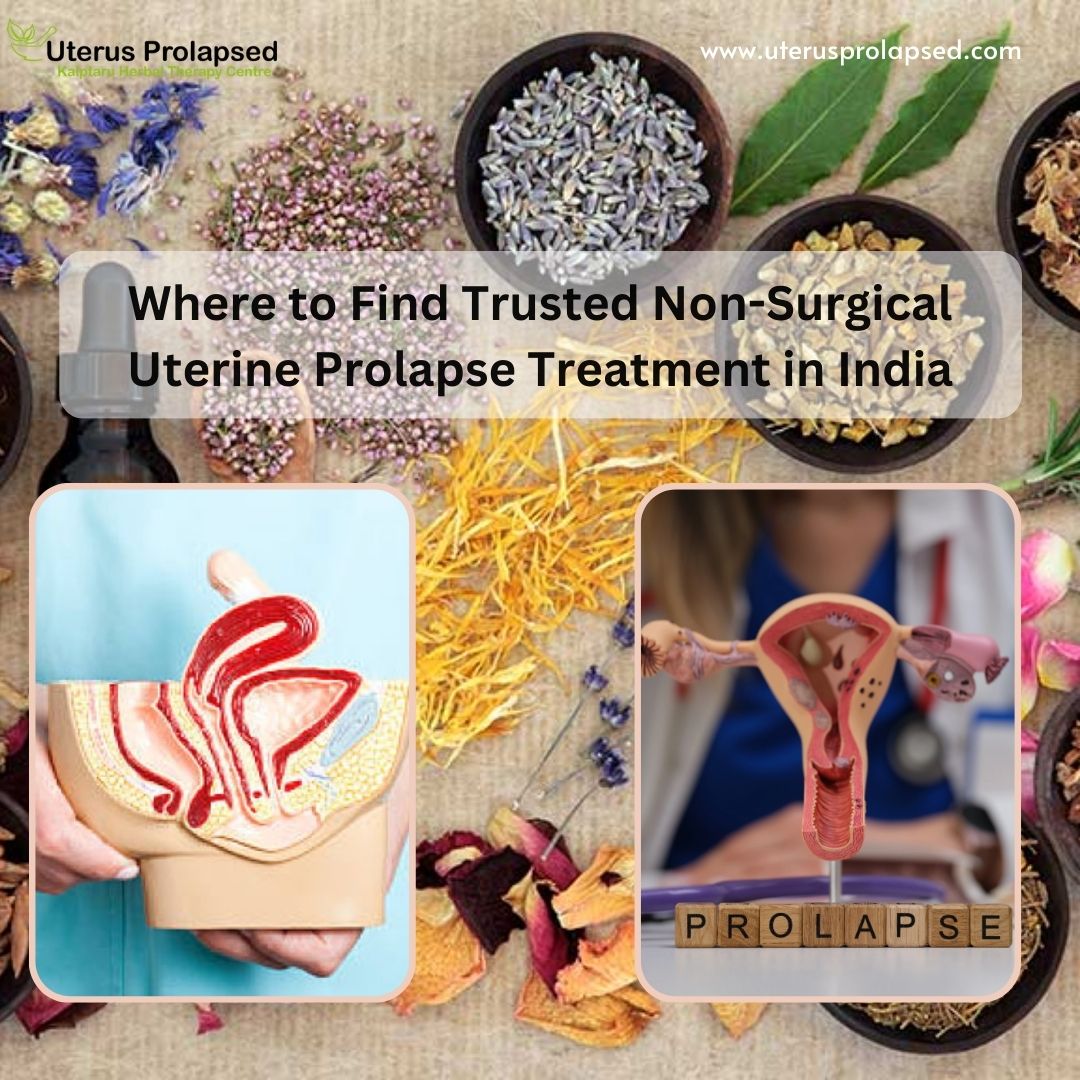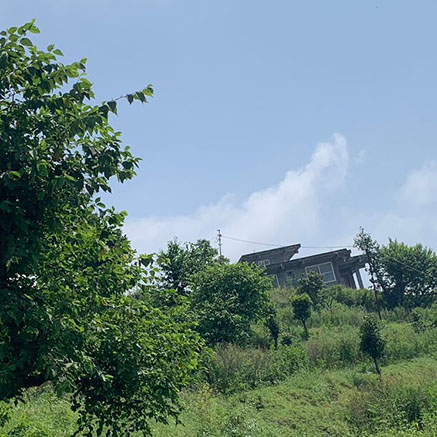Learn About The Uterine Prolapse Pregnancy Complications
A prolapse typically befalls when the ligaments holding up the pelvic floor stretch extensively during pregnancy and childbirth, triggering the uterus to run down. This in turn shoves the bowel and/or bladder against the vaginal walls. This protuberance is the vaginal wall pushing out of the vagina entrance. Uterine prolapse is a common incident in non-pregnant older females; however, uterine prolapse complicating pregnancy is a rare episode, which either occurs before or has an acute commencement during pregnancy.
Presentation of uterine prolapse is a rare incident in a pregnant lady, which can be pre-existent or else manifest in the course of pregnancy. Uterine prolapse pregnancy complications differ from minor cervical infection to spontaneous abortion, and consist of preterm labor and maternal and fetal mortality and also acute urinary retention and urinary tract infection. While timely recognition and suitable prenatal management of uterine prolapse during pregnancy is vital, execution of conservative treatment modalities throughout pregnancy, these applied in line with the severity of the uterus prolapse and the patient’s preference, might be adequate to accomplish uneventful pregnancy and normal, spontaneous delivery. Uterus prolapse complicating pregnancy is rare.
Uterine prolapse in pregnancy can cause antepartum, intrapartum and puerperal complication. Antepartum complications take account of preterm labor, abortion, urinary tract septicity, acute urinary retention and even maternal demise. The chief intrapartum complications consist of incapacity to attain adequate cervical dilatation and also cervical laceration, obstructive labor, hysterorrhexis at the lower segment of the uterus, fetal death, and maternal morbidity.




